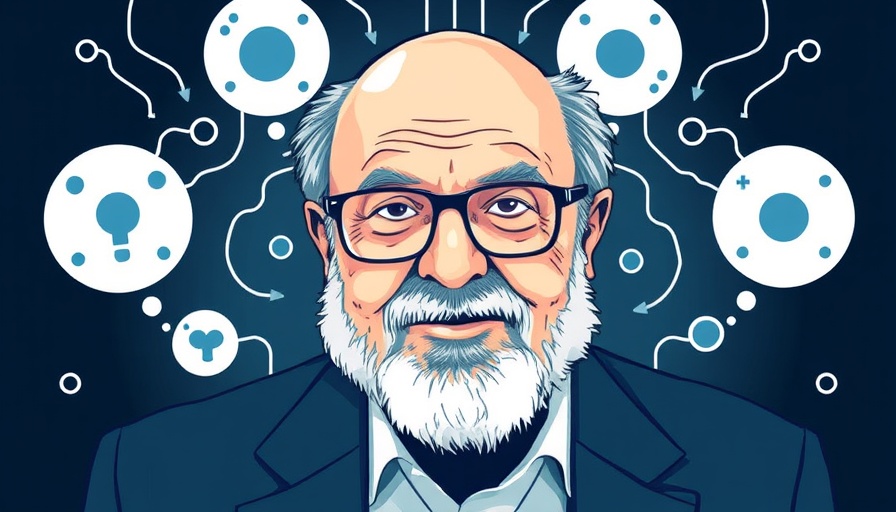
Salman Rushdie's Thoughts on AI and Humor
At the Hay Festival in Wales, renowned author Salman Rushdie humorously remarked that authors should not fear artificial intelligence (AI) until it can craft jokes worthy of laughter. Rushdie, who has faced significant personal challenges since an attack on his life, maintains a unique perspective on AI's capabilities. He suggested, “If there’s a moment when there’s a funny book written by ChatGPT, I think we’re screwed,” emphasizing the idea that humor is a deeply human trait that machines currently lack.
The Human Element in Storytelling
Rushdie's insistence on the importance of humor reveals a broader truth about human creativity. Humor often relies on nuances, timing, and a unique understanding of the world, elements that AI struggles to replicate. While AI can generate text and even emulate styles, the heart of laughter may remain inaccessible to machines for some time. This sentiment resonates in various discussions around AI's role in the creative industries, suggesting that while AI might assist in content production, it cannot fully replace the unique human experiences that shape storytelling.
AI: An Ongoing Conversation
His comments come amidst growing debates about the implications of AI in various fields, notably in literature. Many authors express concern over AI generating content that could potentially overshadow original works. This highlights a significant tension in the industry: while technology can enhance creativity, it also poses risks to established artistry.
Future of AI in Creativity
As Rushdie noted, storytelling remains crucial in our time, especially when authentic experiences and truth are questioned. Reflecting on political landscapes, he shared that the narratives writers create might help individuals navigate uncertain realities. With AI's role expanding rapidly, the challenge will be balancing these innovative tools while preserving the human touch that makes stories resonate.
Time to Engage with Technology
Rushdie’s perspective encourages writers and tech enthusiasts alike to consider the evolving relationship between creativity and AI. As we continue to explore what AI can do, understanding its limits becomes equally vital. This is not a call to fear AI, but rather an invitation to engage critically with it and understand where it can supplement, but not supplant, the creativity that stems from human experience.
As technology evolves, so too should our discourse on its implications. Each interaction with AI enriches our understanding of both the technology and ourselves as storytellers. It beckons a future where collaboration between human insight and machine efficiency flourishes.
 Add Row
Add Row  Add
Add 




 Add Row
Add Row  Add
Add 



Write A Comment